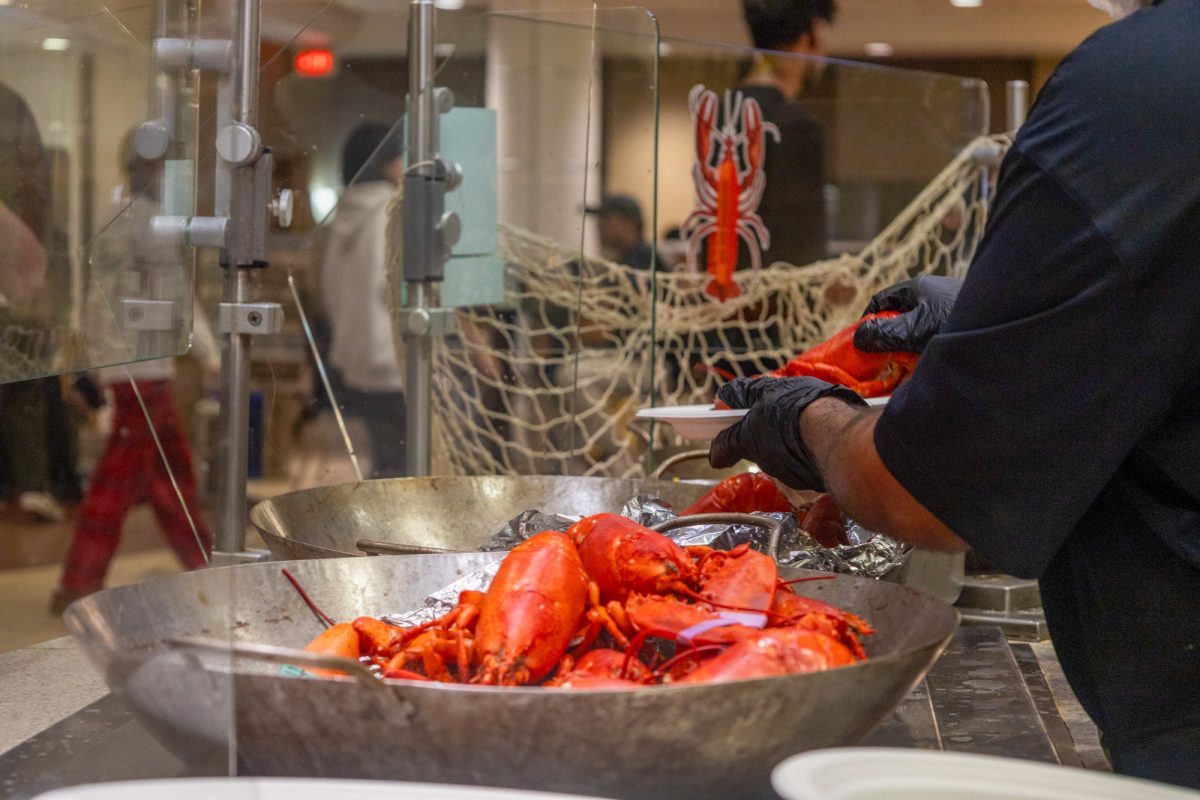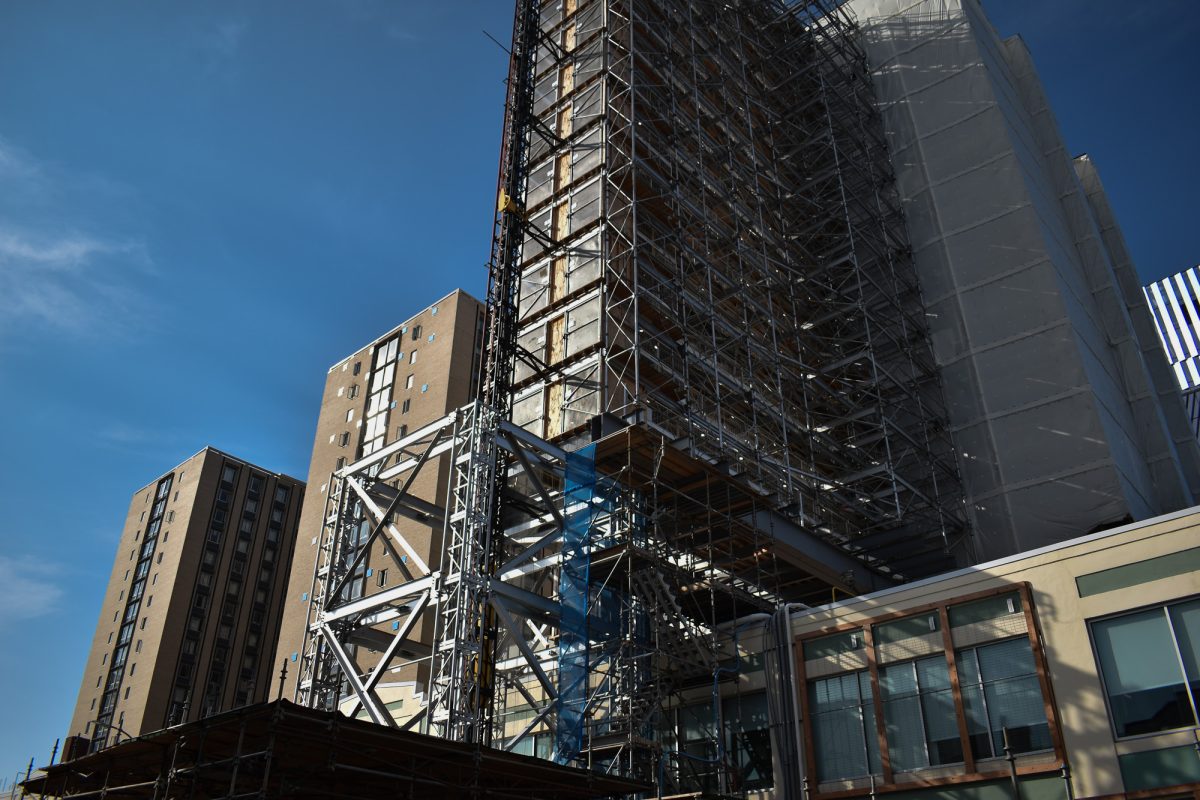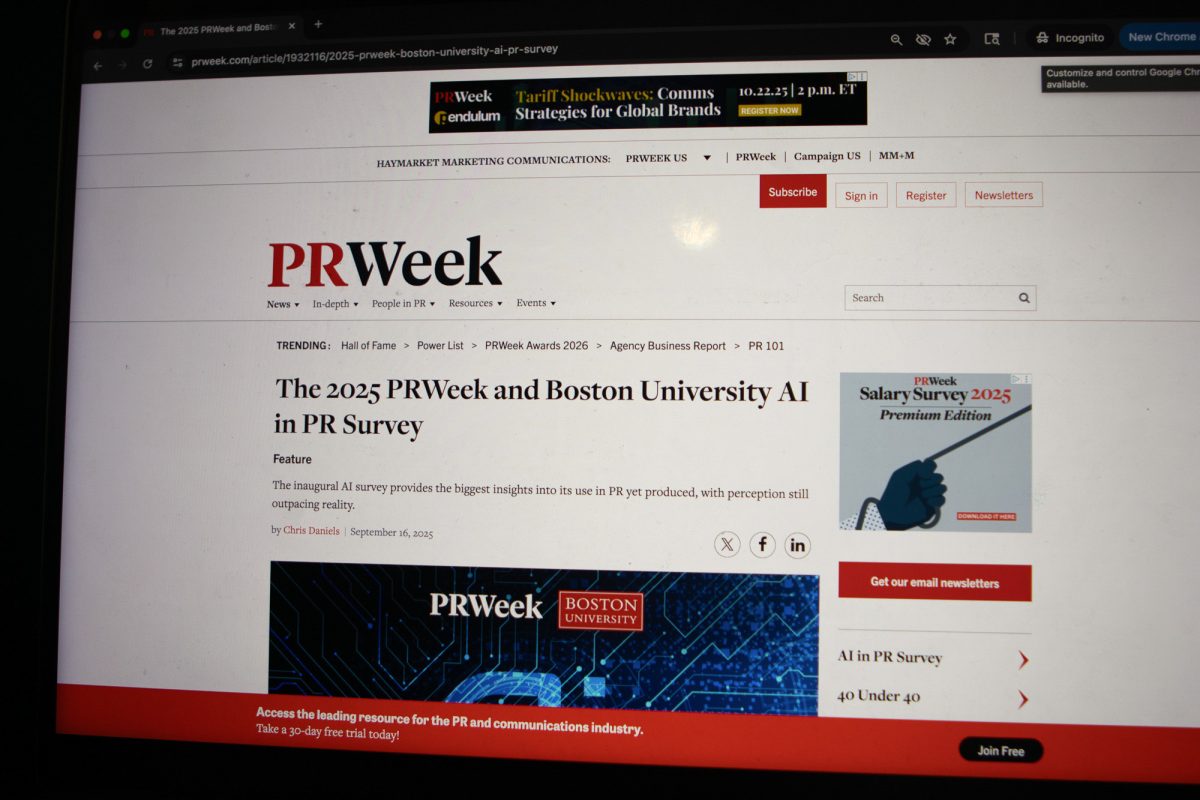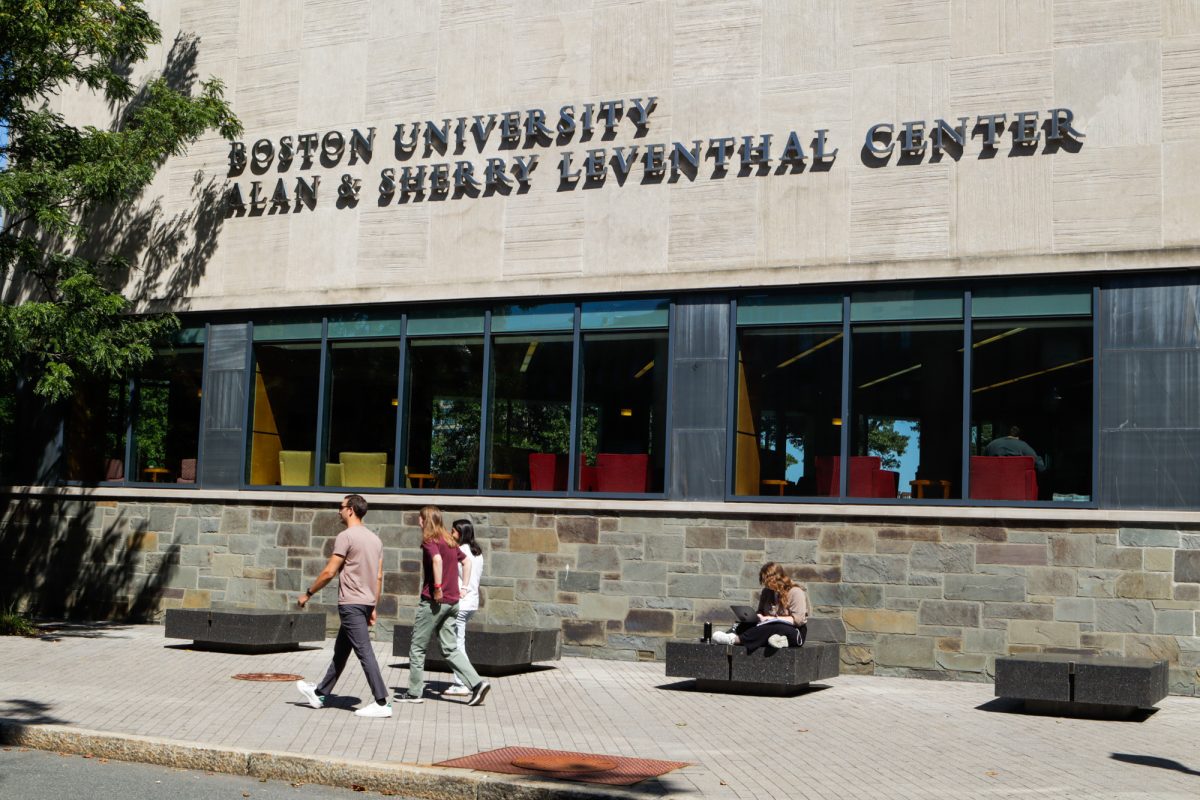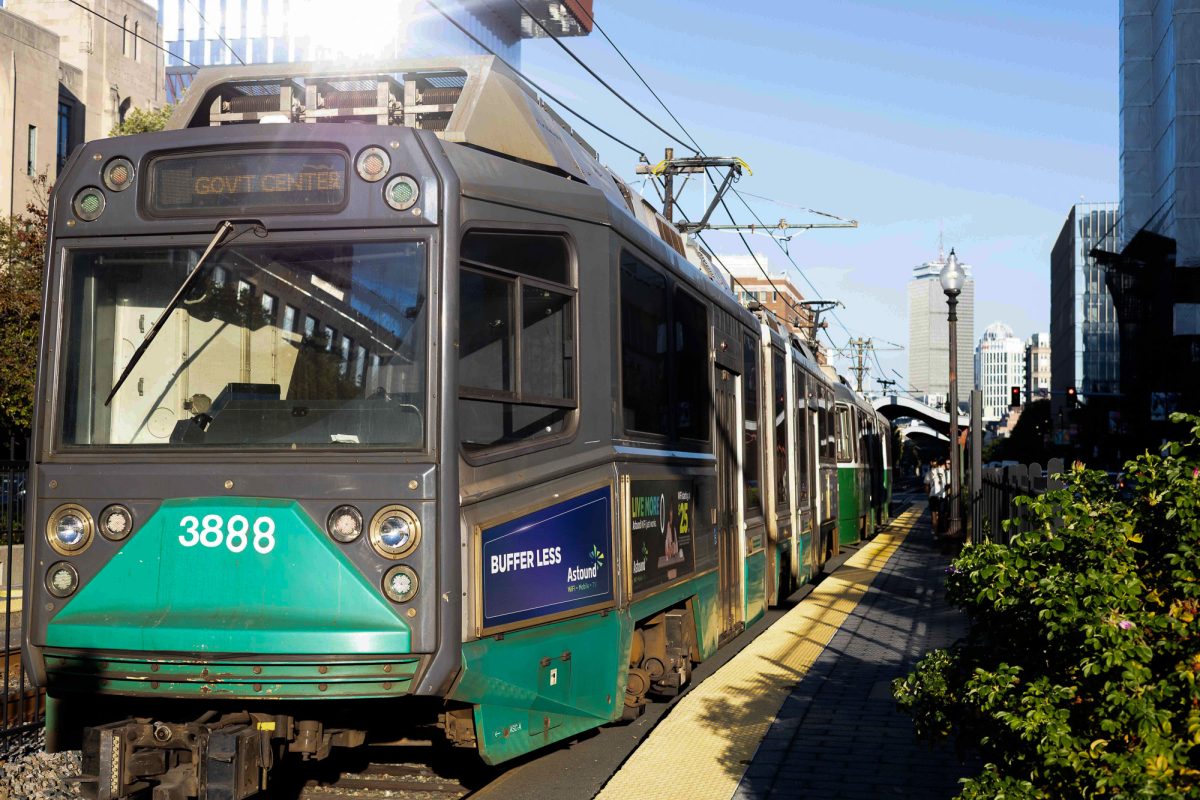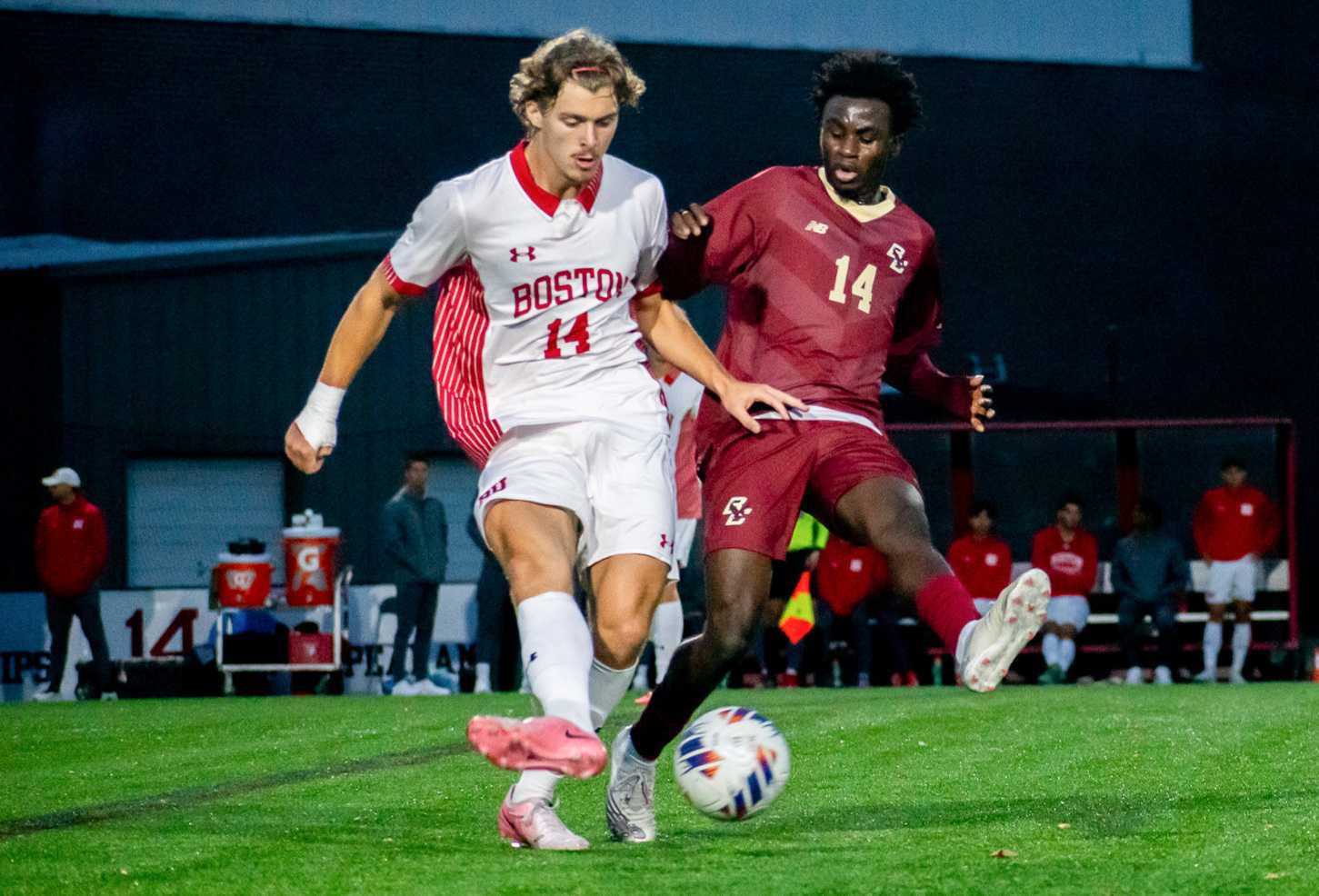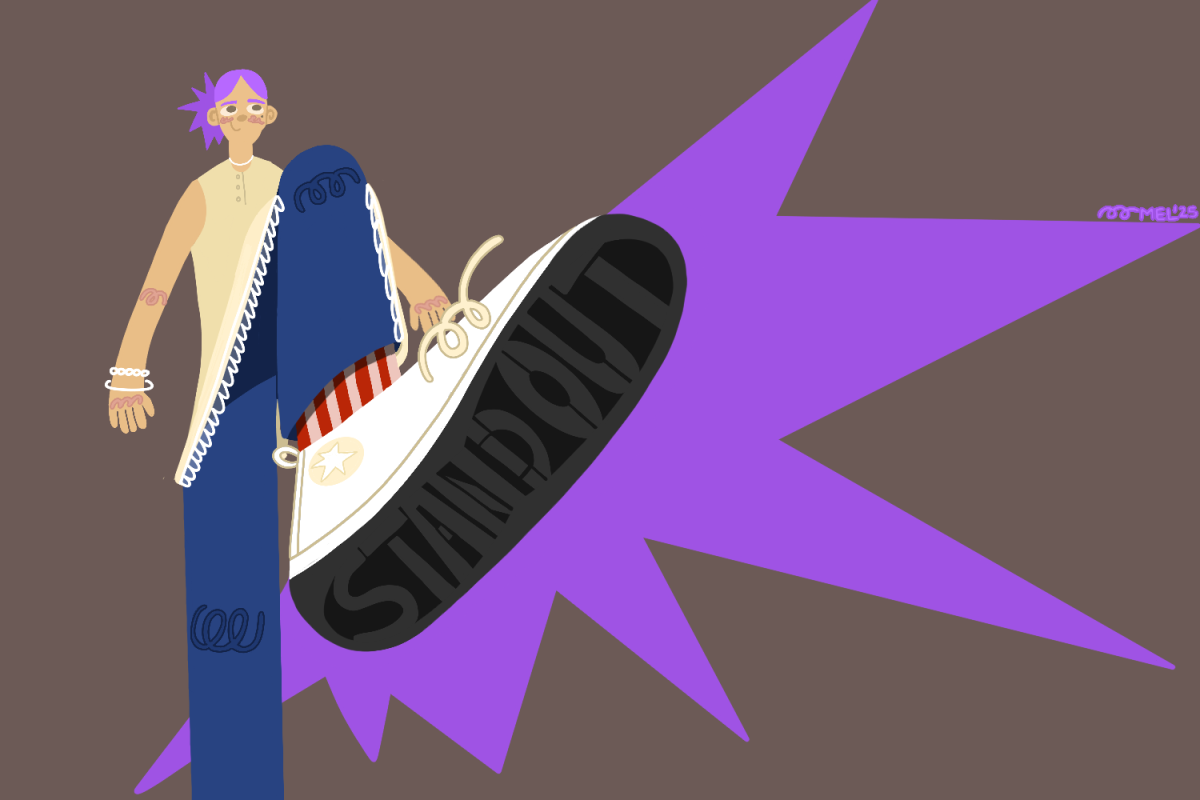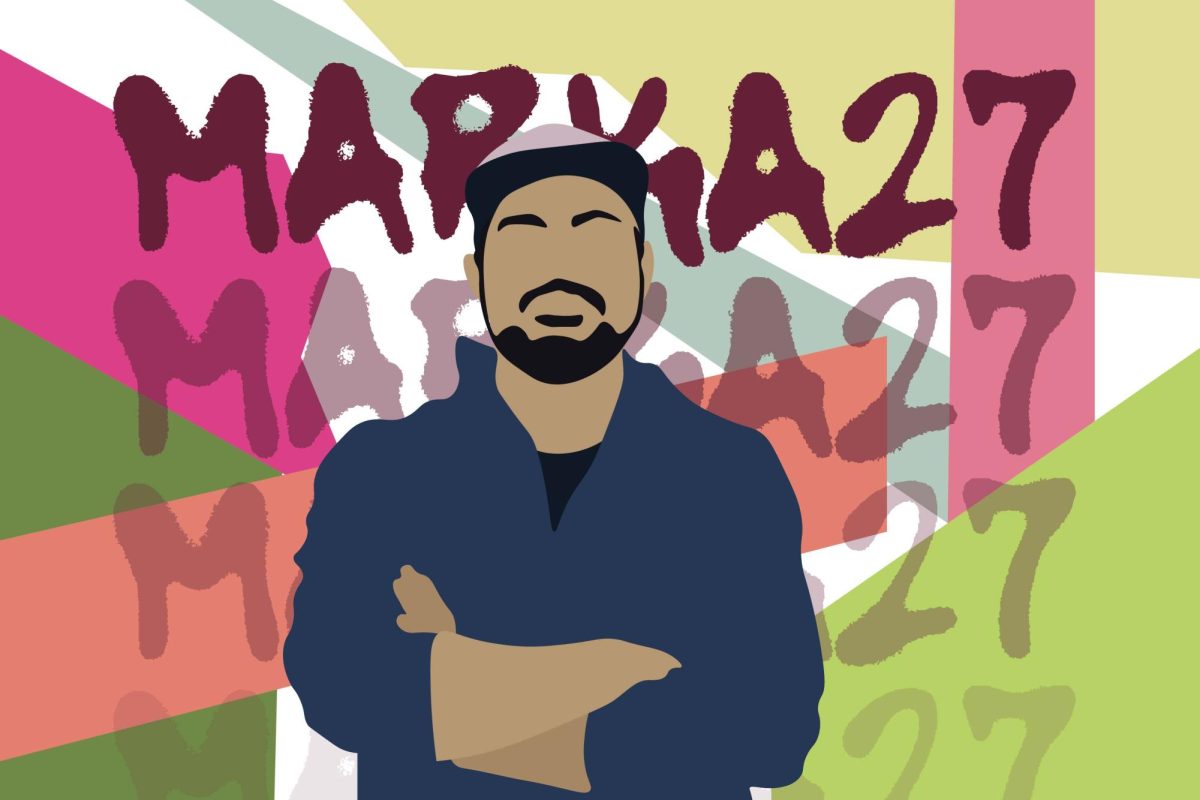Last week, Dean Angela Onwuachi-Willig announced the Boston University School of Law would begin stationing a uniformed police officer inside the law tower from 8 a.m. to 8 p.m. each day for the following week. The decision was made in response to genuine concerns raised about the safety of some of our colleagues.
The dean acknowledged in her own message that “a police presence does not always invoke a greater sense of security for all members of our community, particularly for those who are from overpoliced communities and groups.”
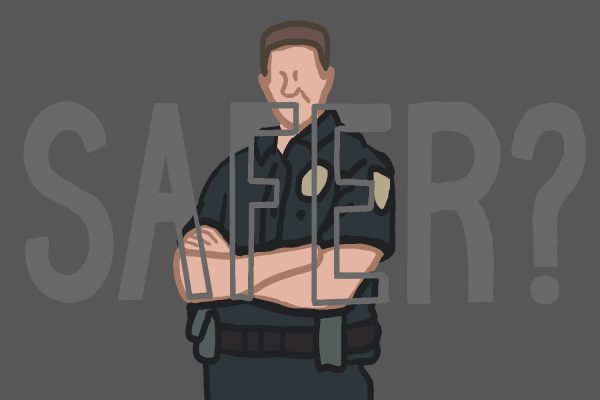
That admission matters. For many of us, the presence of law enforcement does not bring reassurance — it brings fear.
In response, students, faculty and staff circulated a letter urging the administration to rescind this decision. The letter has garnered widespread support from all intersections of the School of Law community.
Among the signers are large student organizations like the Public Interest Law Society, Immigration Law and Policy Society, Middle Eastern South Asian Law Students Association, Employment and Labor Law Student Association, Immigration Law and Policy Society, Boston University Graduate Workers Union and OutLaw — a queer law student organization.
Even the Federalist Society, a network for conservative and libertarian legal professionals, endorsed the letter.
The letter instead calls for a 24-hour swipe access policy, a measure students have repeatedly requested since January. Unlike armed police, swipe access actually limits who can enter our building, and it does so without introducing new risks.
Placing an officer in our building is not a neutral step. Decades of research show that police in schools do not prevent violence. Armed guards do not deter shootings, and in fact, shootings at schools with guards resulted in three times as many deaths on average.
While much of the data originates from K-12 settings rather than law schools, the core idea remains: The presence of guns is associated with increased violence, never the other way around. The data simply does not support the story that more armed police will equal more safety.
And let’s be honest about the logic here. The idea that gun violence can be prevented by placing more guns in more places is not a neutral policy proposal — it is the talking point of the NRA, repeated endlessly to justify a militarized status quo.
For a law school that prides itself on critical thought, reproducing that logic is both ironic and alarming.
Whether the officer is armed or unarmed, uniformed or not, is ultimately irrelevant. The key issue is that deploying police in our schools is both ineffective and shows disrespect for our privacy and security.
The data shows policing increases surveillance and criminalization. A 2011 study found that as schools rely more on police, administrators escalate minor infractions into law enforcement matters. A 2021 study from SUNY Albany and RAND found that police presence marginally increases the likelihood of a school shooting while also raising rates of absenteeism and gun-related offenses.
Instead of protecting students, police make schools more punitive, especially for students of color, those who are differently abled and community members who are being persecuted for their identities.
This harm is magnified in the law tower because of who comes through our doors. Our Masters of Laws program draws international students navigating complex immigration rules, often in precarious legal situations. In a country where the Supreme Court has ruled it is legal for law enforcement to violently racially profile people of color, our administrators openly welcome officers into our halls.
The same is true, and perhaps even more urgent, for our clinics. The law tower is not just a classroom building — it is where we host clients from the community, many of whom are undocumented, seeking asylum or navigating criminal charges.
These clients already face immense barriers to trusting legal institutions. To meet their student attorneys under the shadow of an armed officer stationed at the entrance risks violating the independence and privacy that make up the foundation of clinical practice.
The BU Police Department specifically has a well-documented record of excessive force and aggressive behavior toward students, especially students of color and political activists. Just last week, militarized BU police swarmed an encampment protesting the University’s complicity in the genocide happening in occupied Palestine within minutes and threatened to arrest its own students.
Our community leaders now think it is appropriate to invite those very same officers into our safe spaces. To assume those same officers will suddenly become protectors inside the law tower requires willful amnesia.
When the easy road is to bend a knee to authoritarianism within our schools, we look to our progressive leaders to protect us and take the path more righteous. Safety is not the same as security theater. If the administration is serious about inclusion, it must listen to the voices of students, faculty and staff who have signed onto this petition.



